SingaporeMotherhood | Parenting
April 2019
Opt-in HPV Vaccine for Girls in Singapore: Should My Daughter Get It?
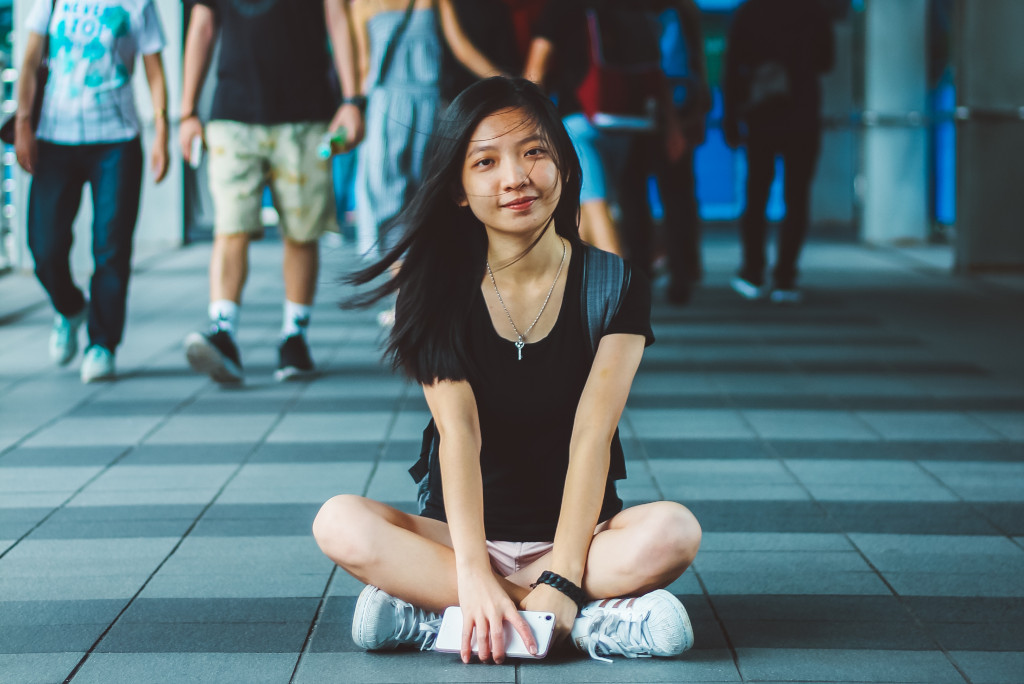
Parents are asking if it’s really necessary for their teenage daughters to receive the HPV vaccine. We get the lowdown from a doctor.
You’ve probably heard the news from the Parliament session on 6 March 2019 about how secondary school girls now have the option to get the HPV vaccine in school for free. Naturally, Singaporeans have varying opinions on this. In particular, many parents are questioning the safety, efficacy and necessity of this vaccine for their daughters. To help you make a more informed decision, we check in with a doctor and discuss the pros and cons of the HPV vaccine.
The Opt-in HPV Vaccine Scheme
First, let’s recap the facts about this scheme. The HPV vaccine has been added to our national school immunisation programme, madrasahs included. Starting this month, all Secondary One girls will be offered the HPV vaccine Cervarix. Those who opt in will also receive a second dose in Secondary Two. The scheme will also be progressively extended to all current Secondary school girls as a one-time catch-up. Students aged 15 years and above get three doses. But it’s not compulsory. This is an opt-in scheme, which means that it ultimately falls on parents to give consent.
(See also: What You Need to Know About Vaccinations)
What is HPV?
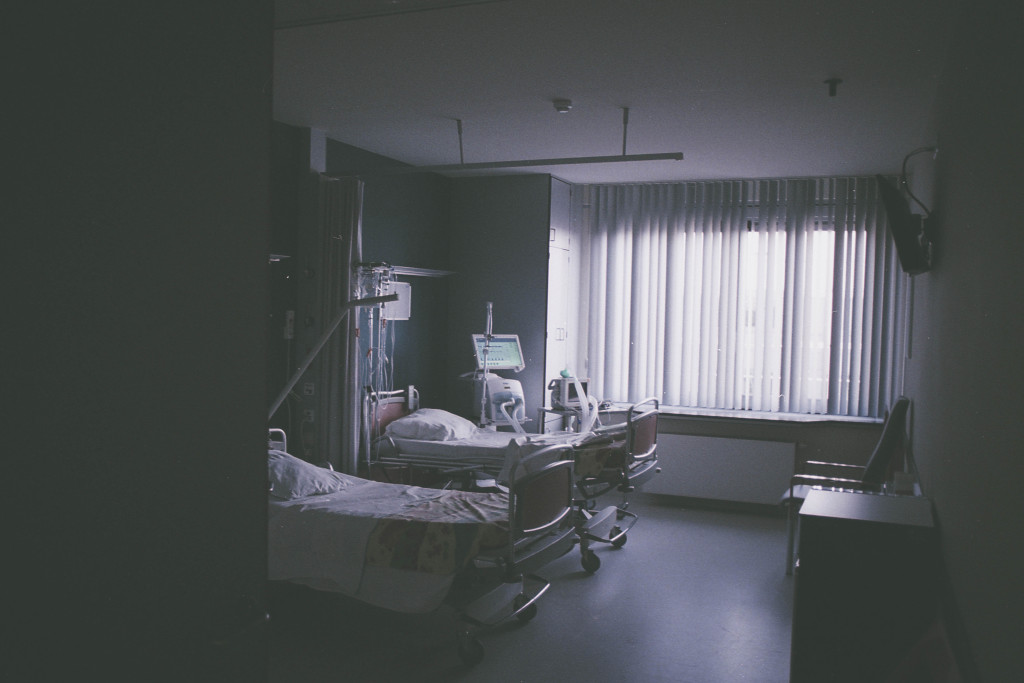
HPV stands for human papillomavirus, a virus which causes cervical cancer. The Singapore Cancer Society (SCS) says it’s Singapore’s eighth-most common cause of cancer deaths in women – 70 deaths every year. From 2011 to 2015, more than 200 cases of cervical cancer were diagnosed in Singapore each year.
Cervical cancer is known as a silent killer. This means that by the time most patients develop symptoms, the cancer has already progressed to the late stages. But the SCS believes that the disease can be eradicated through vaccination and routine screening.
But that’s not all. “HPV is a virus that can infect both males and females of all ages,” says Dr Chester Lan from DTAP Clinic Group (Dr Tan & Partners). “HPV infections may lead to diseases such as skin warts, genital warts, cervical cancer, vaginal cancer, penile cancer, and anal cancer.”
Dr Lan goes on to explain, “There are more than 100 types of HPVs, with about 40 known to affect the genital area. Of these, there are high-risk types known to cause cancer and low-risk types which may cause genital warts.”
Benefits of the HPV Vaccine
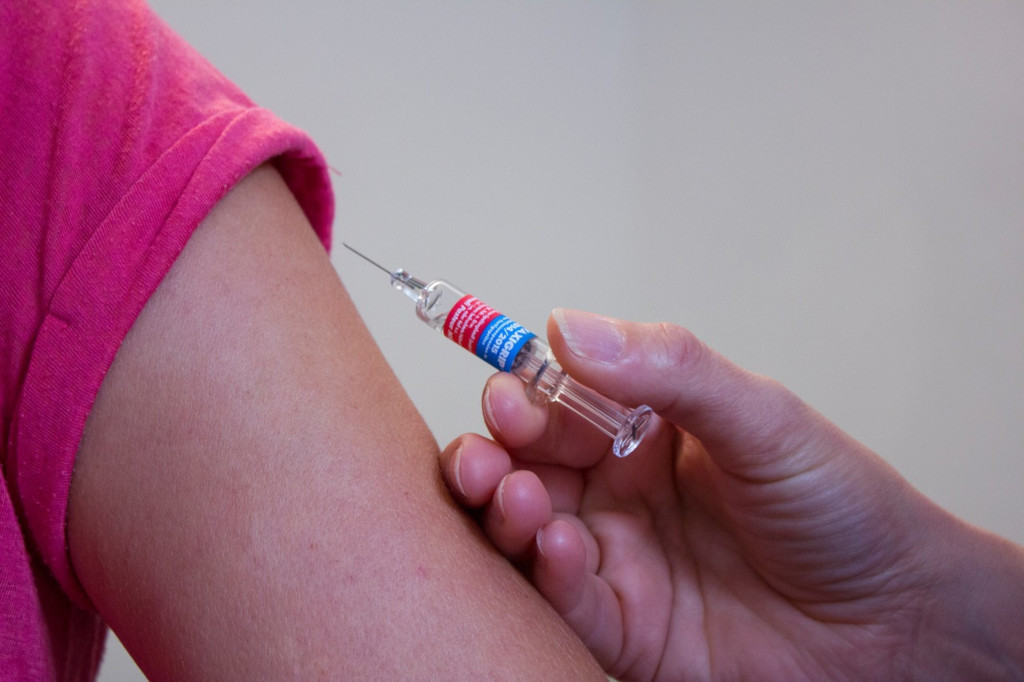
Out of the over 100 types of HPV, subtypes 16 and 18, in particular, cause about 70 per cent of cervical cancers. HPV vaccines offer over 90 per cent protection in preventing the development of cervical cancer precursors, says Dr Ida Ismail-Pratt, Consultant at National University Cancer Institute, Singapore.
“In fact,” says Dr Lan, “we are already starting to see the benefits of this vaccine in reduced precancerous lesions of the cervix in countries with high uptake of this vaccine.”
Indeed, researchers in Scotland have just reported that the vaccine has nearly wiped out cases of cervical pre-cancer in young women 10 years after an immunisation programme was introduced. Over the past decade, schoolgirls aged 12 to 13 years across the UK have received the HPV vaccine.
Some versions of the vaccine, such as Gardasil 9, also reduce your risk of genital warts from low-risk subtypes of HPV. That’s why in the US, the Centers for Disease Control and Prevention (CDC) recommends girls and boys aged 11 to 12 years get two doses of Gardasil 9.
Dr Lan shares, “I have advised some male patients to get the vaccine and have been met with faces of surprise. Many people think that this vaccine is only for females. That’s not true! For males, the HPV vaccine can reduce the risk of warts, penile and anal cancer.”
(See also: 10 Amazing Things Every Woman Needs to Know about Her Body)
Safety Concerns
But if the HPV vaccine has such benefits, why have some countries like Japan withdrawn it from its immunisation schedule? We pose this question, one that many are asking, to Dr Lan.
Cervarix, what our schoolgirls are getting, is the oldest version of the HPV vaccine. This means that it is very well-studied in terms of safety and efficacy.
– Dr Chester Lan, DTAP Clinic Group (Dr Tan & Partners)
Dr Lan’s response: “It was based on spurious case reports and unsubstantiated allegations on possible side effects. More than 270 million doses of this vaccine have been given out, and the safety of it has been reviewed by the World Health Organization’s Global Advisory Committee on Vaccine Safety (GACVS) seven times. The conclusion is and has always been that this vaccine is safe.”
He adds, “An interesting thing to note is that the people who have been trying to debunk this myth of vaccine danger in Japan have recently been awarded international prizes for their efforts. If you are asking if the HPV vaccine is safe or effective, there is overwhelming data saying that it is both safe and effective for our daughters.”
Side Effects of the HPV Vaccine
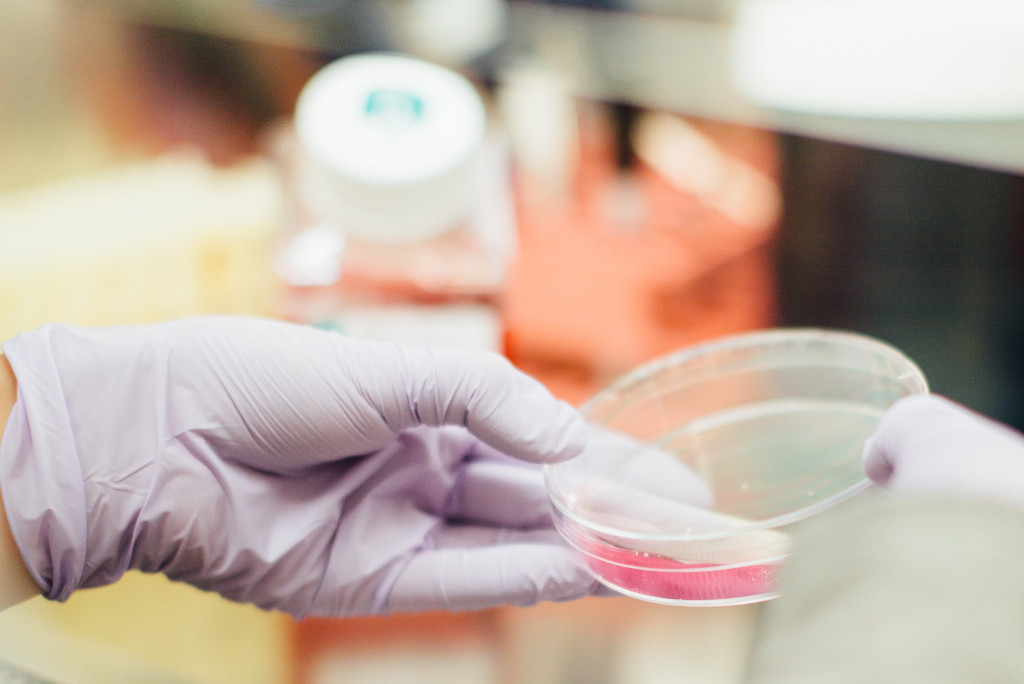
As with most jabs, there are the known side effects of pain and swelling in the area of injection. You might also feel slightly unwell or develop a fever after a vaccination. “However, these side effects are temporary and usually won’t last more than a few days. If you feel unwell after the vaccination, consult your doctor for advice,” advises Dr Lan.
Studies show that HPV vaccines are most effective if given before exposure to sexual activity. The response to the vaccine is also better at younger ages. But doesn’t this mean… “If you’re wondering if giving the vaccine would be encouraging young ones to explore their sexuality earlier, research has shown that receiving the vaccine at an early age is not linked to an earlier start of sexual activity,” remarks Dr Lan.
“The only other down side is the time spent to travel down to your doctors to get the vaccination, and the cost incurred. However, if you ask me, it is time and money well spent!” quips Dr Lan. Depending on the vaccine used and the person’s age, it can cost from about $300 to over $700 for the full course.
With the opt-in scheme, Secondary school girls don’t have to make a special trip to a clinic to get the HPV vaccination. Just like the compulsory boosters students receive in Primary 5, it will take place in school. And it’s free!
(See also: Singapore Vaccinations 101: What’s Compulsory and Optional for Your Kids)
But Is It Really Necessary?
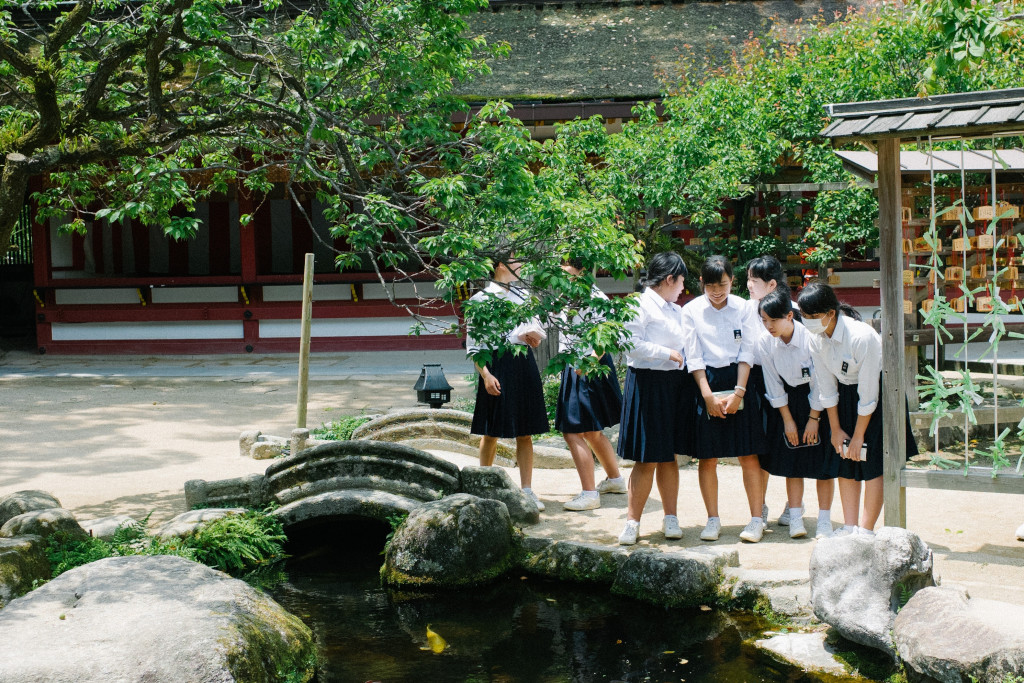
Dr Lan doesn’t mince his words. He says, “Whether it is necessary or not depends on your risk appetite. This vaccine has been shown to be safe and effective in reducing the risk of cervical cancer. If you are okay with living with the increased risk, then the vaccine can be seen as optional. You can always choose to not allow your daughters to get the vaccine. Having said that, my three sisters have already gotten the vaccine, and I fully support their decision!”
53-year-old Madam Dianna Tan felt it was necessary for her 12-year-old daughter, Chloee Lee. In an October 2018 Straits Times article, she shared that her mother passed away last year from cervical cancer. “That got me worried for my girl, so I decided to get her vaccinated, since it is good for her at a young age and cervical cancer can be prevented.”
So what will it be, parents? Will your daughters be opting in… or out?
Header image: Source
Feature image: Source
All content from this article, including images, cannot be reproduced without credits or written permission from SingaporeMotherhood.
Follow us on Facebook, Instagram, and Telegram for the latest article and promotion updates.





